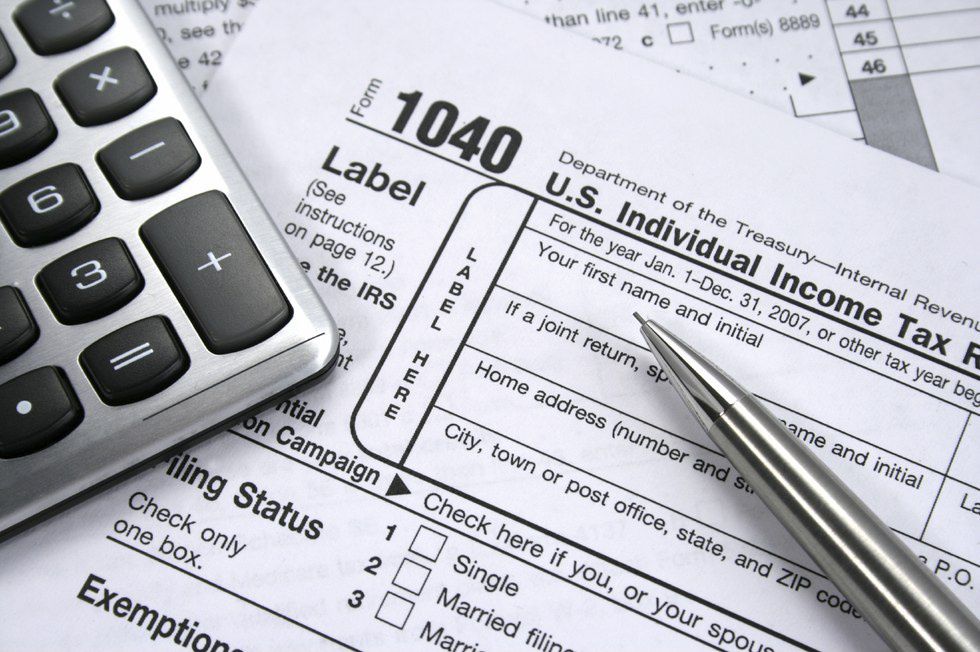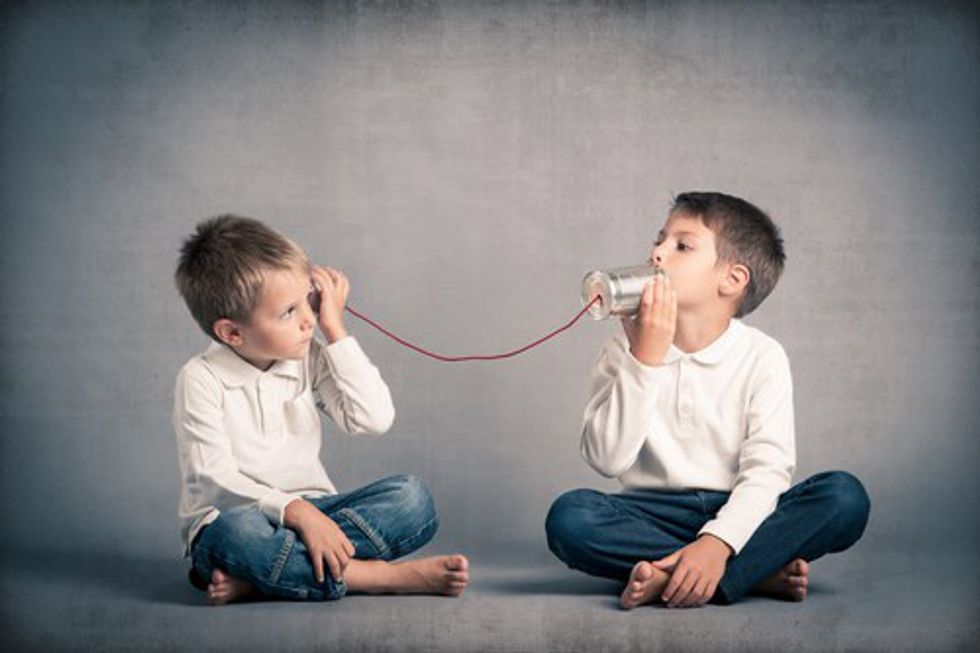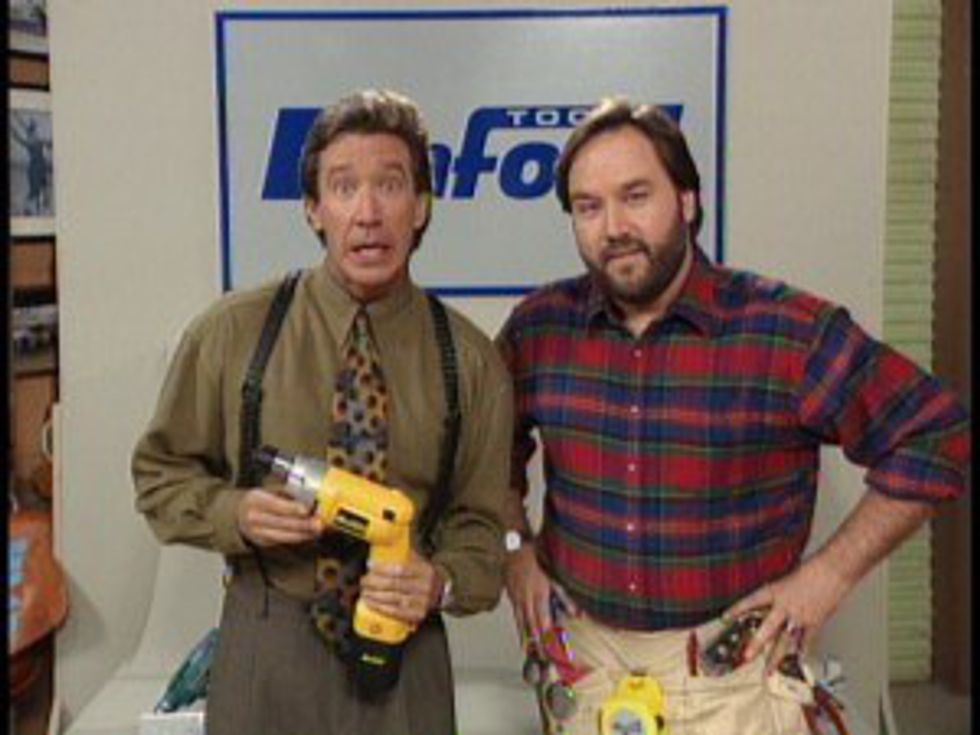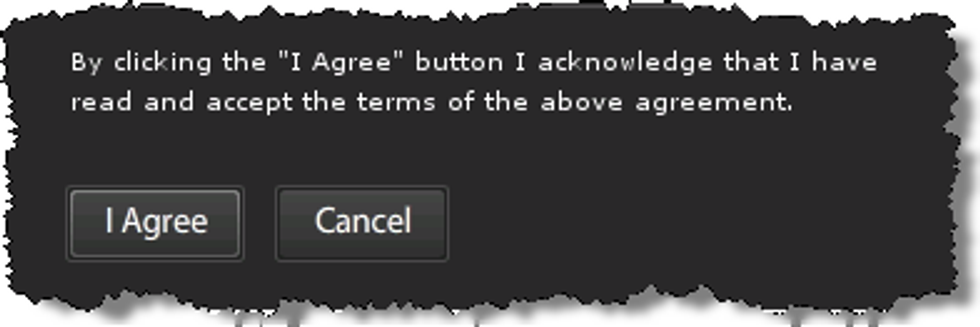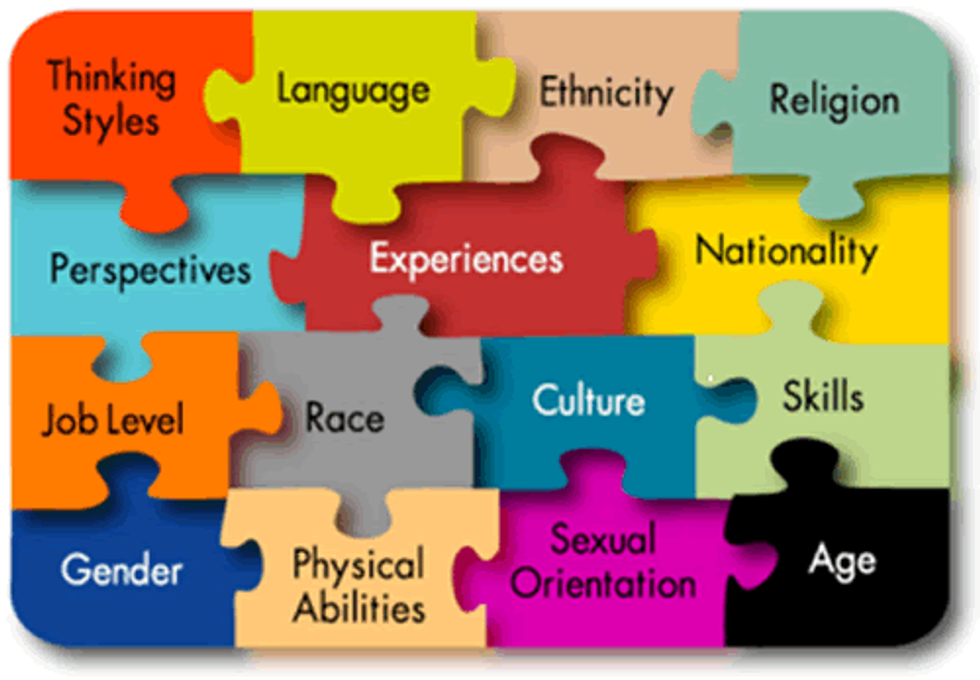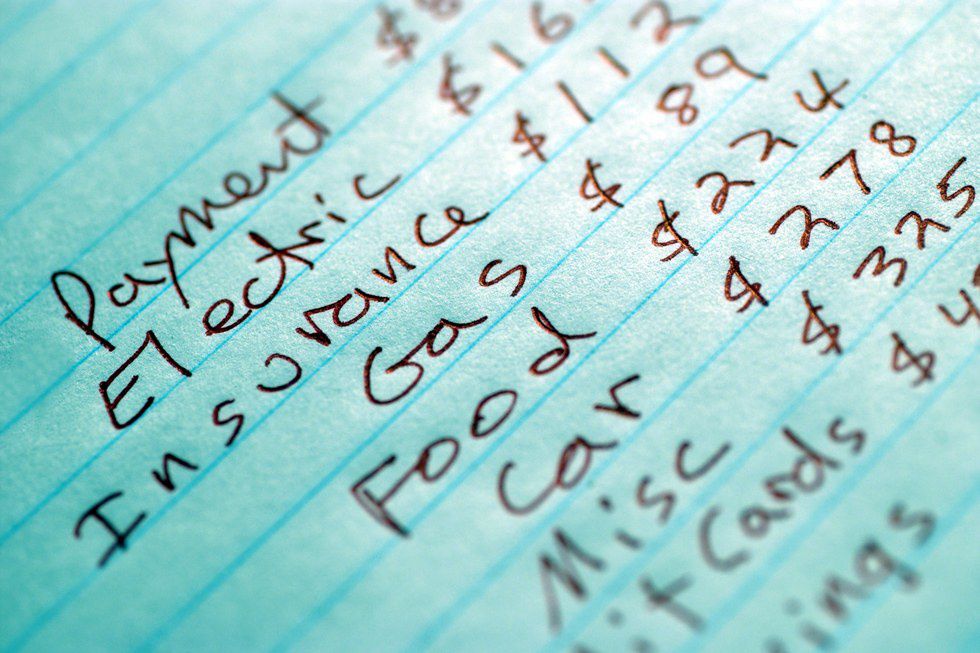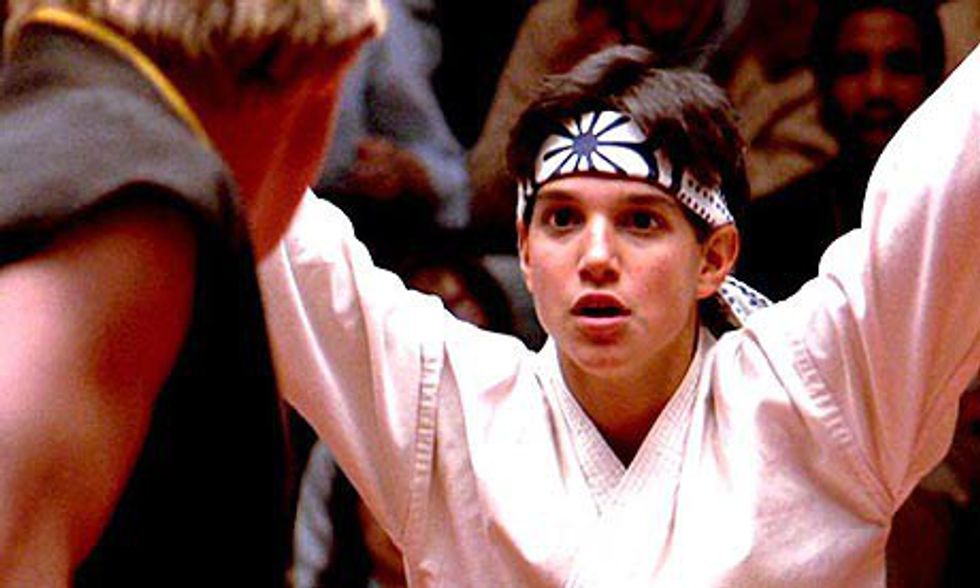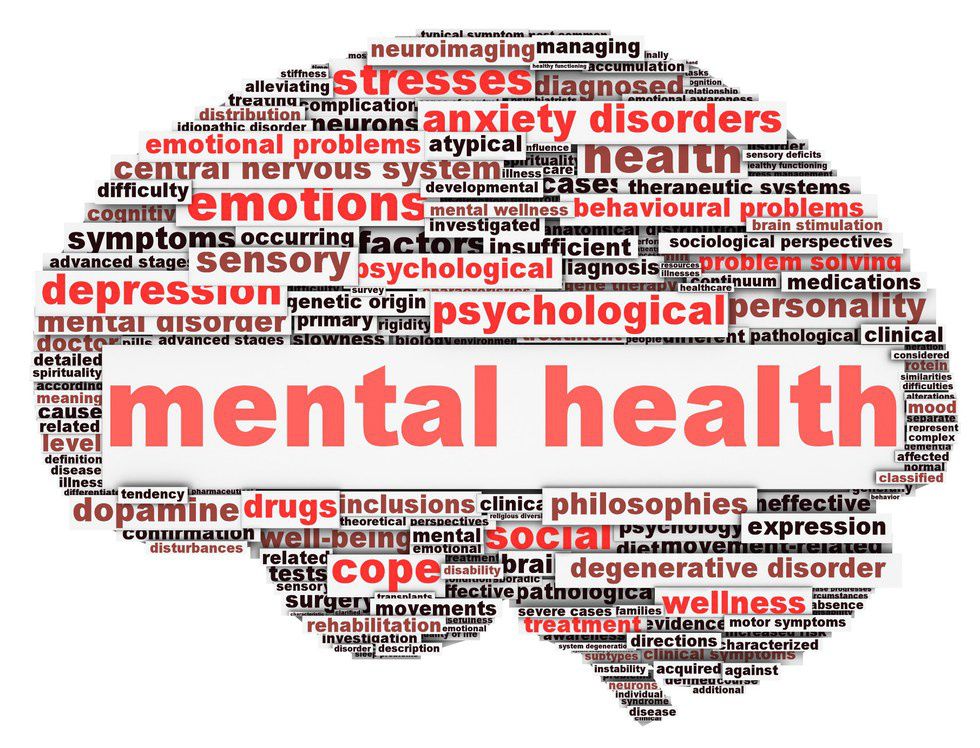We have all had that "man, I wish they would have taught me that in high school" thought.
Most of us are probably disappointed that we haven't used "Stop, Drop, and Roll" as much as we thought we would and wish that the Pythagorean Theorem could help us change a tire. Societal norms and practices are often overlooked when an education derives solely from a textbook. Even when education steers away from the books, many lessons are oversimplified and not extremely realistic.
This list seeks to compile simple, yet effective lessons that our high schools forgot about:
1) Taxes
I think we can all agree with this one already. The first time I was told that I have to do my own taxes, I looked around the room to see if Ashton Kutcher was coming out of the kitchen closet for an episode of Punk'd. Not only do high schools fail to inform students of how to file taxes, they do a poor job of even explaining what they are or the impact they have on our day-to-day lives.
2) How To Take Out A Loan

3) How To Challenge Authority (Respectfully)

4) Communicating Interpersonally
In a survey taken in October 2016, 78% of teenagers claimed to prefer having a conversation over texting than talking to someone face-to-face or on the phone (according to Stage of Life). Like, seriously?! I remember the days of my mom having to break up fights over who got to use the phone. Schools getting students out of their comfort zones and engaging in active, personal conversations will help them both personally and professionally for years to come.
5) Voting
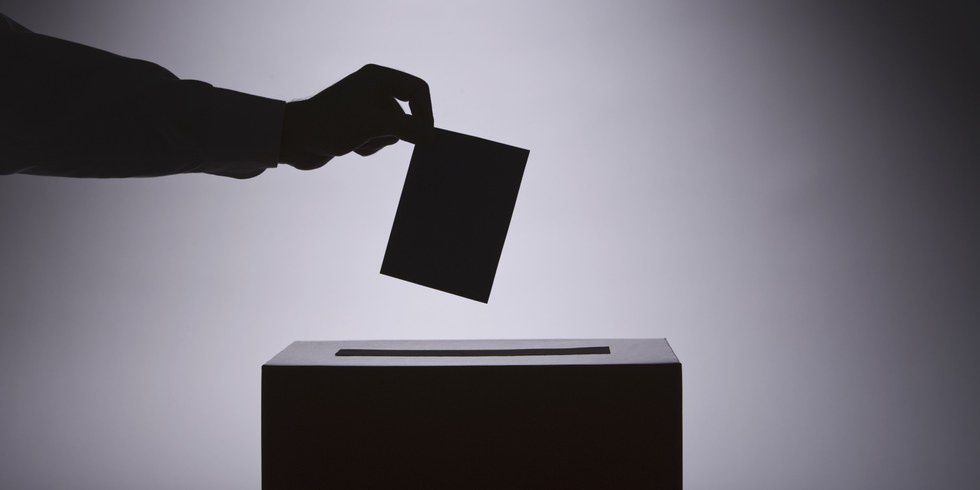
6) "Handy" Skills
I heard a rumor that a lot of schools were getting rid of their shop classes...are you kidding me?! My generation is incredibly under-prepared when it comes to having the skills to fix things ourselves. Personally, I would not want my kids to have to call a plumber every time the faucet leaks. Having classes in high school that are dedicated to these skills allow kids to better their technical skills as well as be intuitive and creative throughout the day.
7) Contracts
Alright, even I'm guilty of this one. In a fast and technological world, not many of us still take the time to read through the 274-page Terms & Conditions agreement before signing up for iTunes. That being said, learning how to read and interpret contracts could be one of the most important things you ever do. Knowing that you are giving your personal guarantee by signing your name ensures that you know exactly what you're getting into.
8) Diversity
Attending a 360-student high school where 98% of the students were Caucasian, this was a lesson that I learned quickly in college. Although race-relations should be addressed, truly understanding diversity goes deeper than that. Recognizing that it is OK that other people look and maybe think differently than you is often learned too late. This is a conversation that needs to happen at a young age and continued throughout one's life.
9) Personal Budgeting
Although I did enjoy having to remember the first 20 digits of Pi, it would have been a lot more beneficial to have some knowledge on how to handle the money in my pocket. Students that go from high school straight into the work force are often handed a check from a full-time job that has more money on it than they've ever had in their entire life. Knowing how to spend, plan, and save their money will set them up to rely less on debt throughout their lives. Keeping track of expenses and income is an important lesson that enacts personal responsibility and feelings of self-worth.
10) Self-Defense
I know, I know. "It teaches our kids to be violent." Yeah, okay, and Susie taking 7 dodge balls to the face before the end of first period doesn't? Defending ourselves and knowing our limitations is a lesson that goes further than our physical well-being. It is important to know what we can handle and how to stand up for ourselves when the time is right. Maybe instead of taking 2 weeks to learn about the origins of field hockey, we could teach our kids how to use their bodies and give them a lesson they will remember forever.
11) Mental Health
This is probably the biggest and most important lesson left out of high school education. Yes, most health classes give a brief synopsis of mental health diseases, but they refrain from digging into the real issues. 1 in 5 high school students live with a mental health issue, and approximately 50% of students with mental health issues drop out before graduation (according to National Institute of Mental Health). Students feel isolated and abandoned because their peers do not understand their differences. There is a need for real, open communication.
After high school, we are left to fend for ourselves out there in the big, bad world. Adolescence is tough enough without adding the struggles of adulthood that could have been avoided through formal education. It is time our education system steps up. I, for one, want my kids to feel confident and comfortable in the world they live in when they go out and make it their own.




